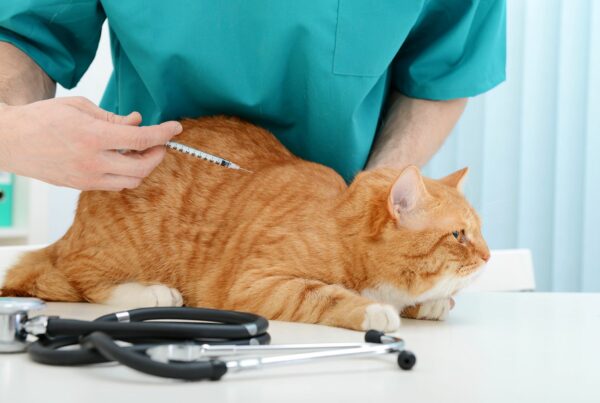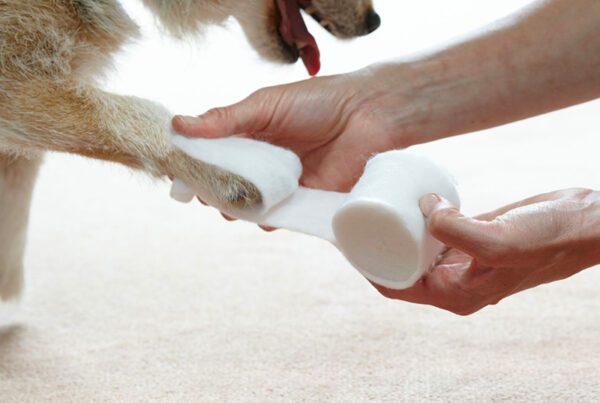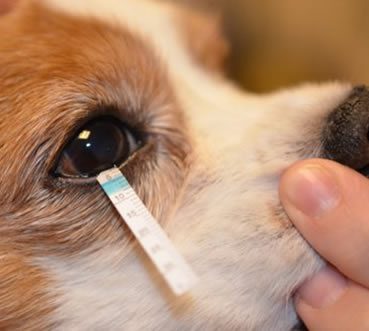Reasons to microchip your pet:
- The most effective way to permanently identify your pet
- Can be used to trace a lost pet, often avoiding stays in kennels or rescue centres
- A microchip is an excellent way to prove ownership of your pet if he/she is stolen
- Allows a vet to contact you rapidly if your lost pet was injured
- A requirement for part of the pet travel scheme, if you would like to take your pet abroad
- In Ireland, microchipping is now a legal requirement for dogs
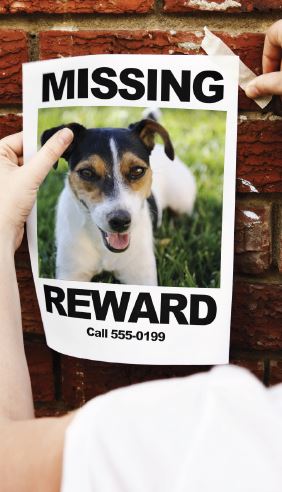
Did you know?
- That 1 in 3 pets go missing at some point during their lifetime.
- Each year less than 50% of lost dogs are reunited with their owners. Microchipping would help reduce this statistic.
- Microchips can be implanted into almost any species from dogs and cats to rabbits, birds and even snakes!
What happens when your pet is microchipped?
The microchip is very small, about the size of a grain of rice, the procedure is very simple and no more painful than an injection. The microchip, which has a unique number, is placed under the loose skin between the shoulder blades. Your pet will not be aware of the microchip once it is inserted and the body will not react to it as it is coated in the same material that is used in human pacemakers!
Your vet will check the microchip with a handheld scanner. Your pet’s unique identity number, together with your contact details are registered by you or your vet onto a national database. This can be done online or by post. It is important to change your details should you move address.
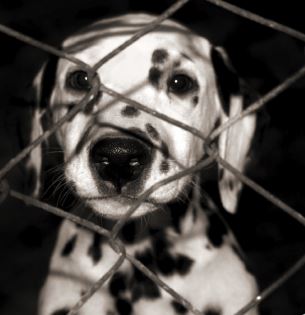
When to microchip?
Microchips can be implanted at any time. It is often done in puppies and kittens at or around the time of initial vaccination, or when neutered.
It is still a legal requirement for dogs to wear an identity tag on a collar even when microchipped.
If a stray animal is found it is always scanned. When a microchip is found, the database can be accessed 24 hours a day and the owner informed.
Vets, most rescue centres and local authorities have scanners.
Summary
Microchipping is an important part of responsible pet ownership and provides peace of mind that if your pet was to go missing, he or she would have the best chance of being returned home safe and sound.



